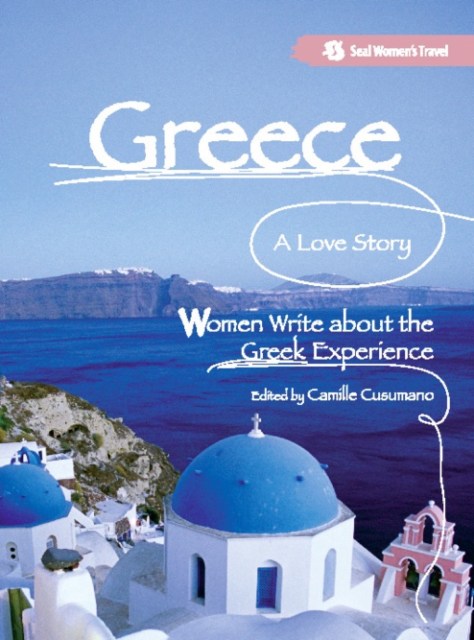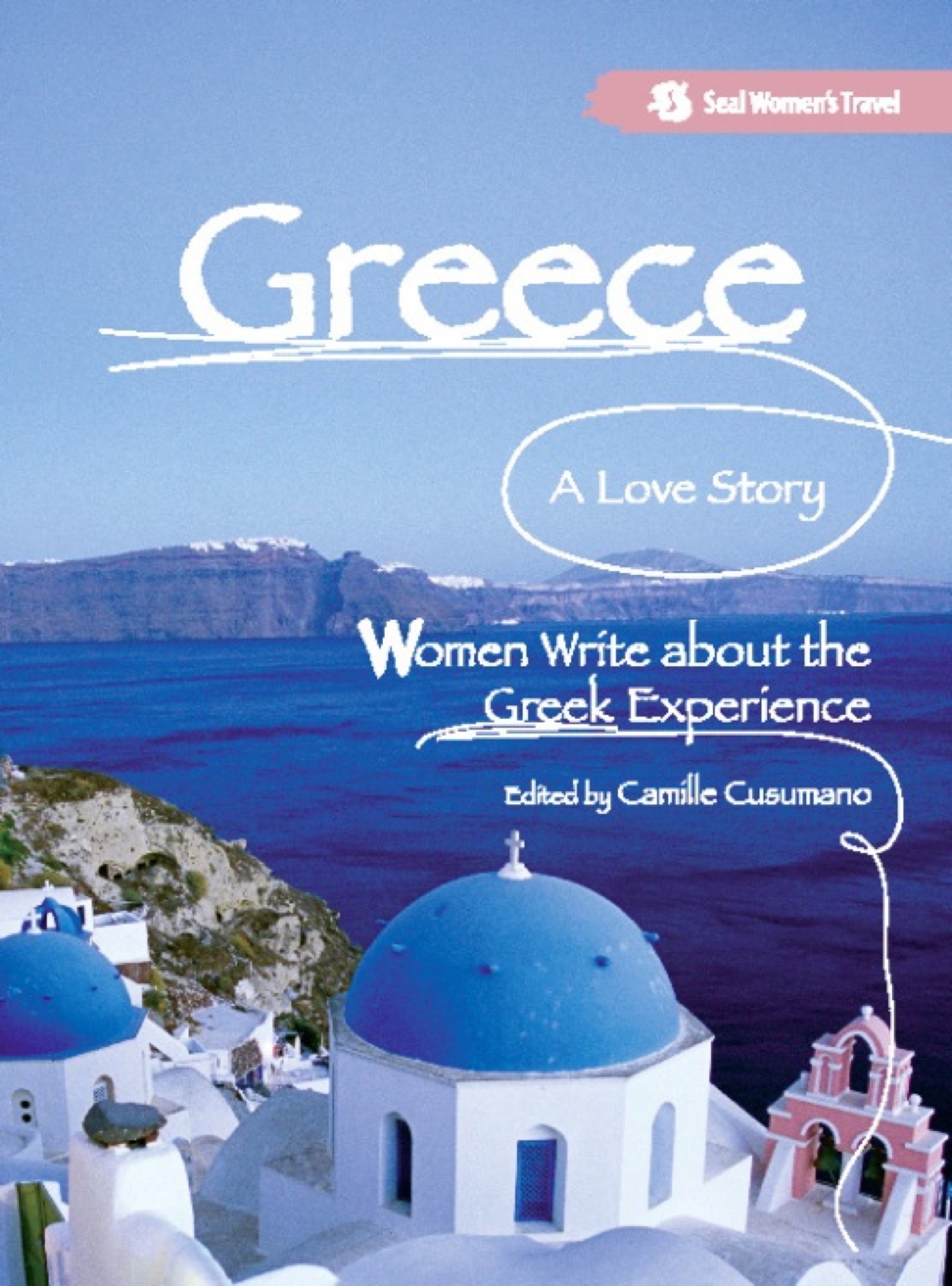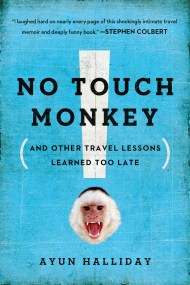By clicking “Accept,” you agree to the use of cookies and similar technologies on your device as set forth in our Cookie Policy and our Privacy Policy. Please note that certain cookies are essential for this website to function properly and do not require user consent to be deployed.
Greece, A Love Story
Women Write about the Greek Experience
Contributors
Edited by Camille Cusumano
Formats and Prices
- On Sale
- Mar 17, 2007
- Page Count
- 320 pages
- Publisher
- Seal Press
- ISBN-13
- 9780786750580
Price
$10.99Price
$13.99 CADFormat
Format:
- ebook $10.99 $13.99 CAD
- Trade Paperback $21.99 $28.99 CAD
This item is a preorder. Your payment method will be charged immediately, and the product is expected to ship on or around March 17, 2007. This date is subject to change due to shipping delays beyond our control.
Buy from Other Retailers:
Greece, it has been said, is where art became inseparable from life.
The country evokes a richly embroidered tapestry of images, from old monuments rife with history to idyllic isles of glass-blue sea and blinding white stucco dwellings. Greece enchants its visitors with its beauty, tradition, and spirit. In this eloquent collection, women share firsthand experiences of the people, history, and landscape of Greece. Their essays go beyond ordinary travelogue to capture the ways in which Greece has shaped lives or influenced decisions. In expressing their love for the country, these women share stories as visceral as they are poignant, as entertaining as they are endearing.
Whether they are seasoned travelers or armchair adventurers, Greece aficionados or those just beginning to learn about the country, readers of this compelling collection will gain a better understanding of Greece and how experiences abroad can impact their lives.
Newsletter Signup
By clicking ‘Sign Up,’ I acknowledge that I have read and agree to Hachette Book Group’s Privacy Policy and Terms of Use






